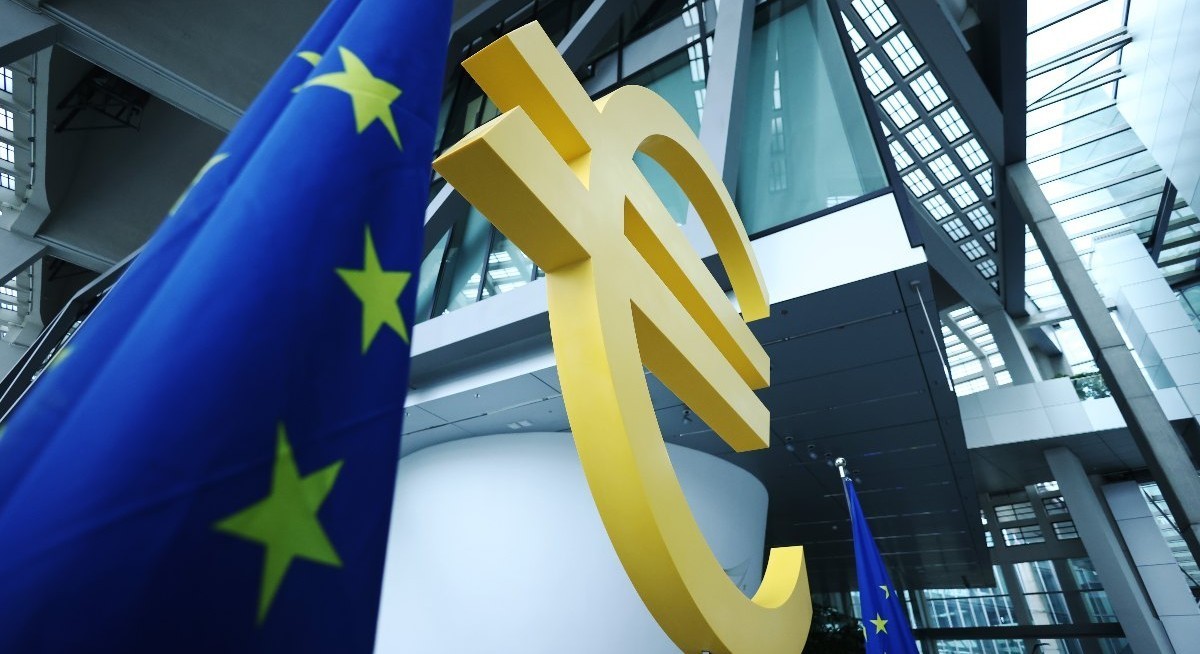“We are getting to the end of a monetary-policy cycle that was responding to compounded shocks — including Covid, the illegitimate war in Ukraine and the energy crisis,” President Christine Lagarde told reporters in Frankfurt. “At the current level of interest rates, we believe that we are in a good position to navigate the uncertain conditions that will be coming up.”
Money markets trimmed wagers on additional cuts, with another quarter-point move no longer seen as a certainty. Short-dated bonds led a drop, sending the German two-year yield up six basis points to 1.86%, a two-week high. The euro rose 0.6% to US$1.1486 ($1.48) as the dollar sold off against most Group-of-10 peers.
Economists polled before the ECB’s decision had expected rates to stay on hold in July before a final reduction in September.
See also: Norway launches probe into former PM over links to Epstein
With inflation below the ECB’s goal for the first time in eight months and only the second since 2021, officials increasingly see their task of taming the region’s biggest spike in prices as almost complete. The big unknown is President Donald Trump’s trade policy, which has dented confidence in the US and clouded global growth.
Talks between Washington and the European Union over where the levies will eventually end up are due to be completed next month. Policymakers must also weigh higher military and infrastructure spending across the continent in the months and years ahead.
New quarterly projections from the ECB showed inflation below target in 2026, at 1.6%. The economy is seen expanding 1.1% next year — a little less than before. The ECB said in a statement that while trade uncertainty is likely to weigh on business investment and exports, the fiscal boost will buoy growth later.
See also: ECB holds rates as Euro rally and tariffs threaten economy
Highlighting the extreme uncertainty, the ECB presented mild and severe scenarios alongside its base case for the 20-nation euro area.
The mild scenario would see a significant improvement in growth relative to the baseline, while the impact on inflation would be limited. Under the harsher one, growth would also be weaker, as would inflation, as the upward impact from higher tariffs on US imports would be more than offset by the impact of weaker demand.
Lagarde described risks to the economy as still skewed to the downside. But a strong labor market, rising incomes and easier financing conditions “should all help consumers and firms withstand the fallout from a volatile, global environment,” she said.
Inflation is expected to return to target in 2027 — despite lower energy costs and a stronger euro weighing on it in the near term, according to Lagarde.
Most EU exports currently face a 10% levy in the US, though that risks rising to 50% in July if negotiations fail. The relationship between Washington and Beijing also remains uncertain even after both sides lowered their duties from prohibitive levels.
To stay ahead of Singapore and the region’s corporate and economic trends, click here for Latest Section
What Bloomberg Economics says...
Trade will feature among the top subjects for discussion when German Chancellor Friedrich Merz meets Trump later Thursday in the White House.
A likely source of discord in the months ahead is how to assess inflation risks down the line. Higher military expenditure — a topic NATO defence ministers are also debating Thursday — is seen by hawks like Executive Board member Isabel Schnabel as a possible upward driver of prices, alongside demographics and more fragmented supply chains.




